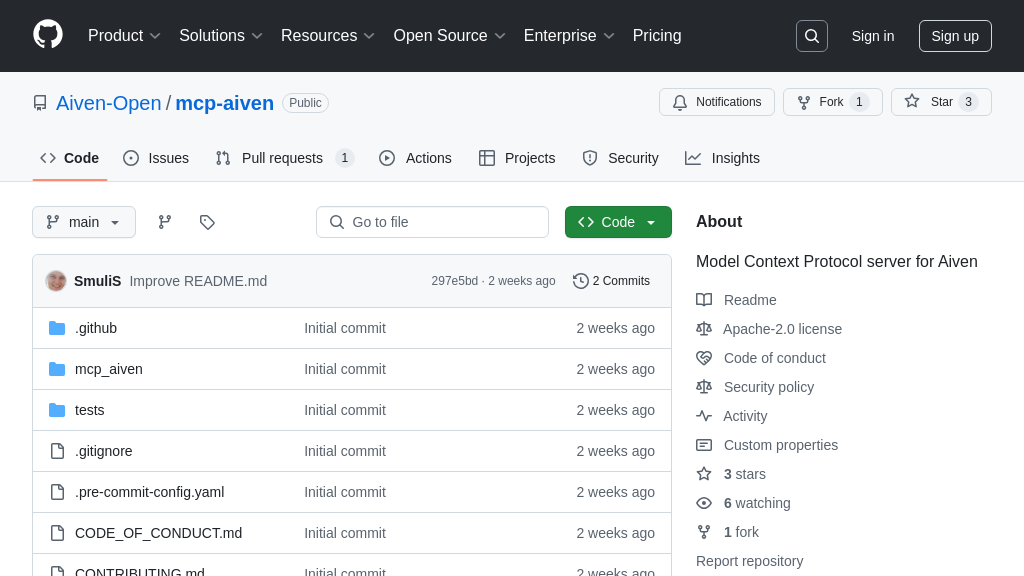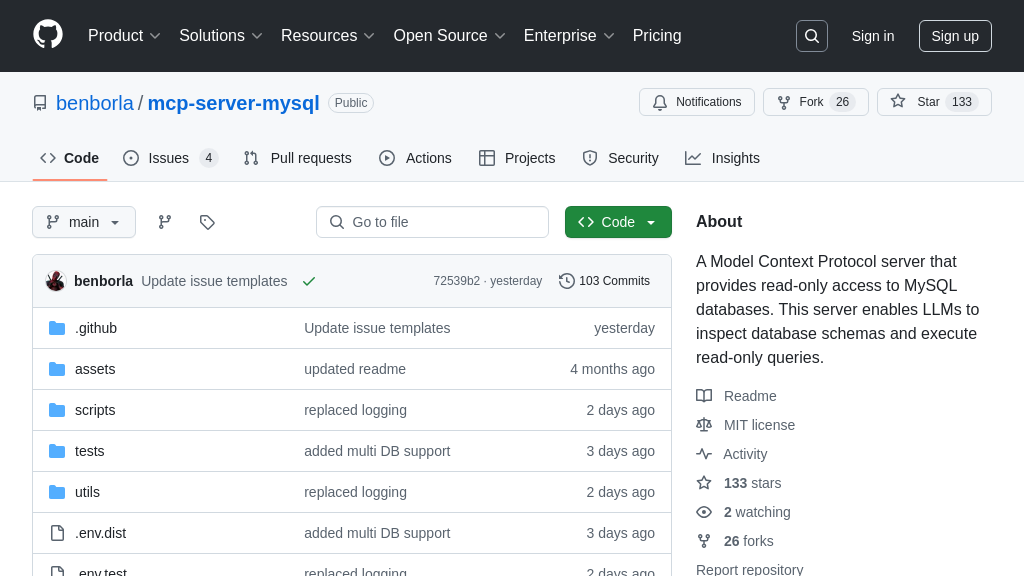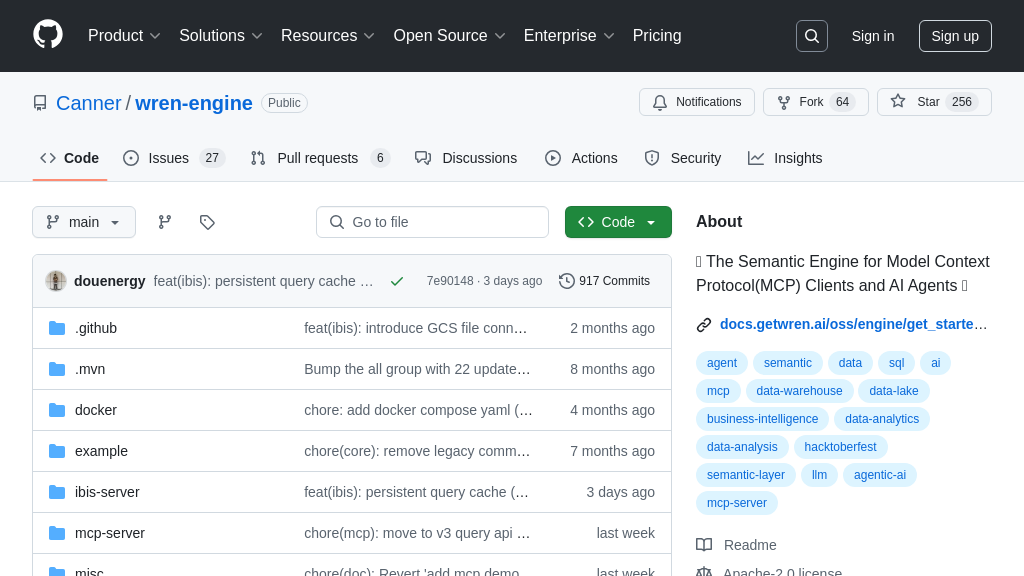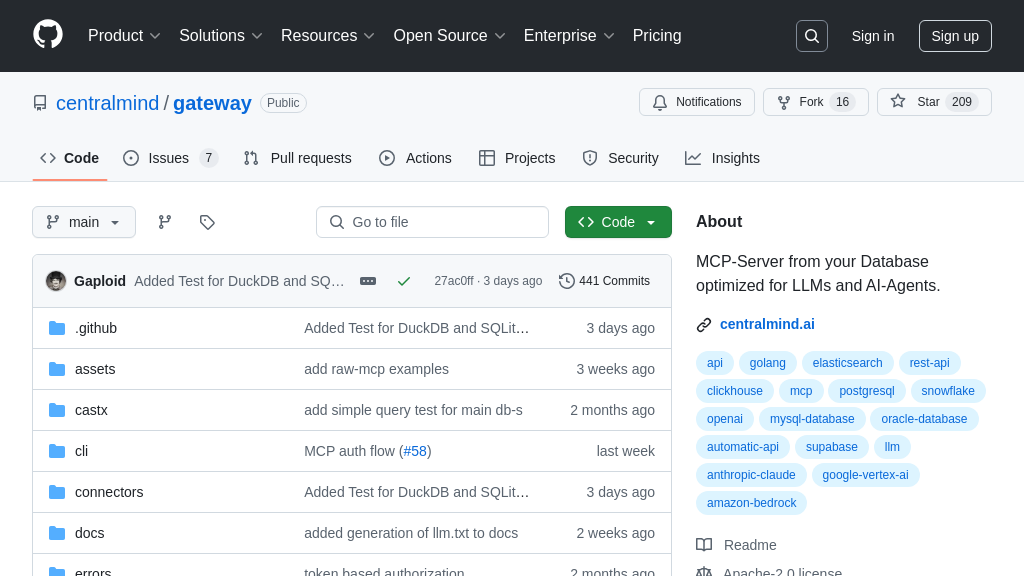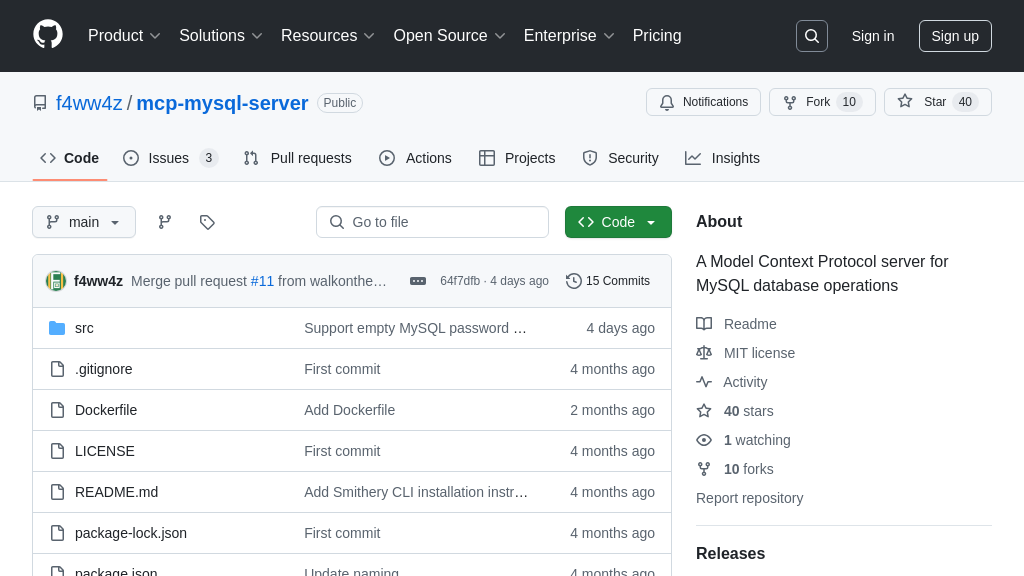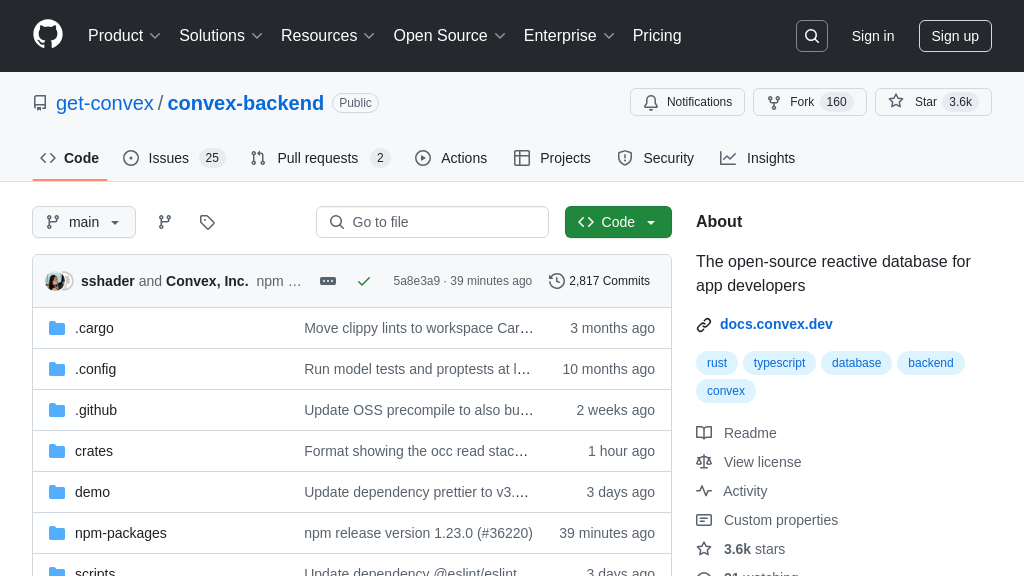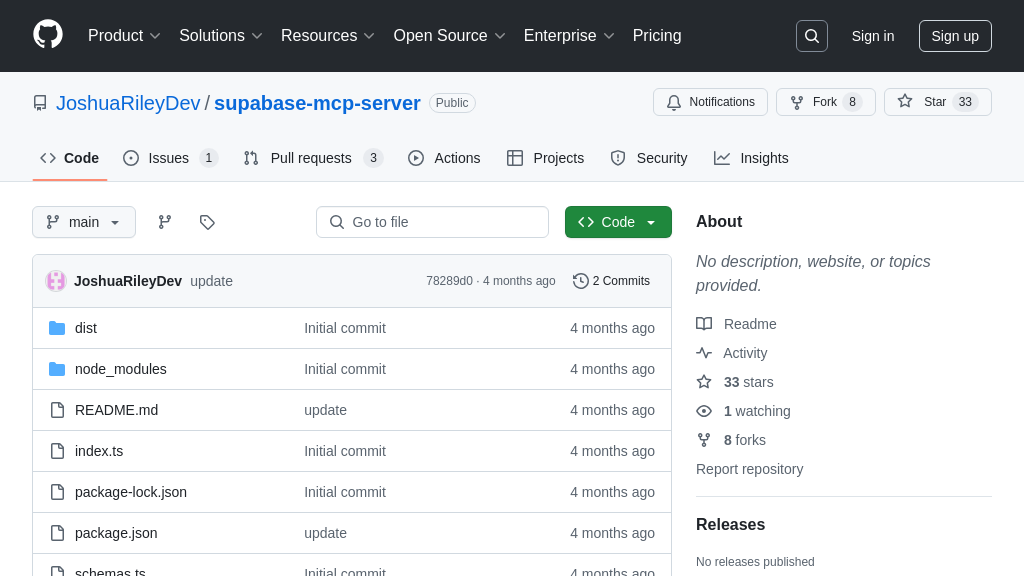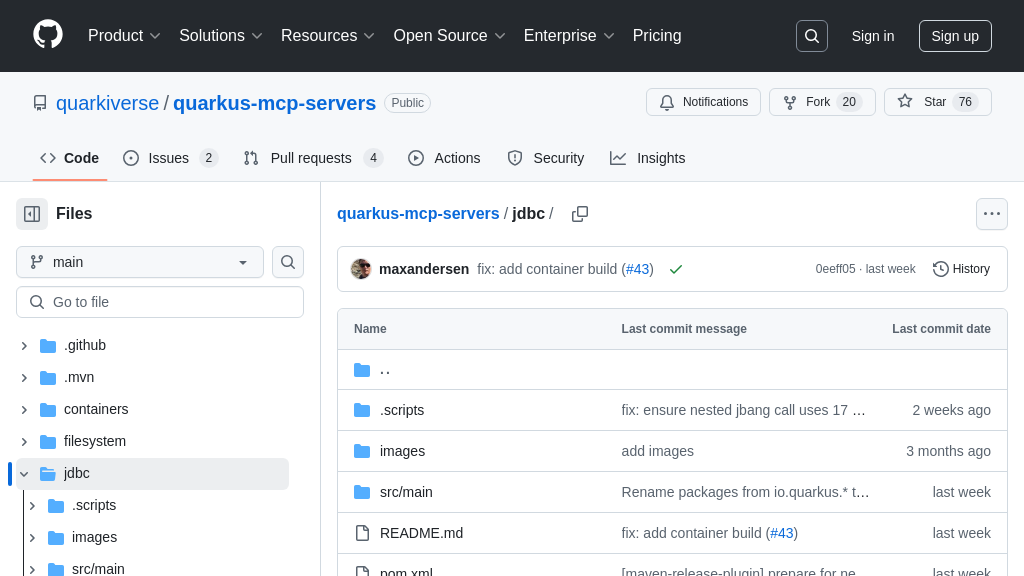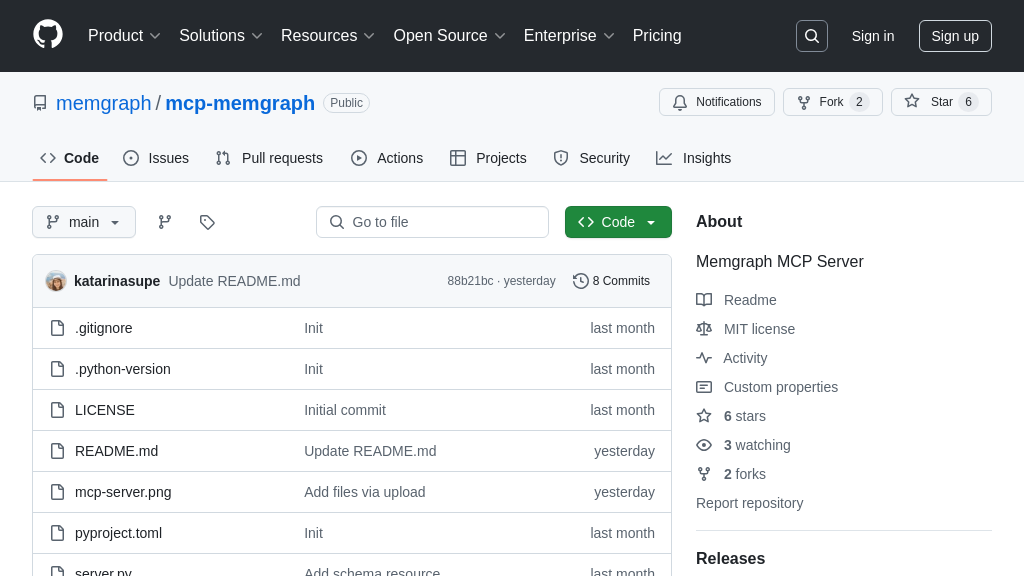mcp-server-rabbitmq
RabbitMQ MCP Server: Connect AI models to RabbitMQ queues for seamless data exchange.
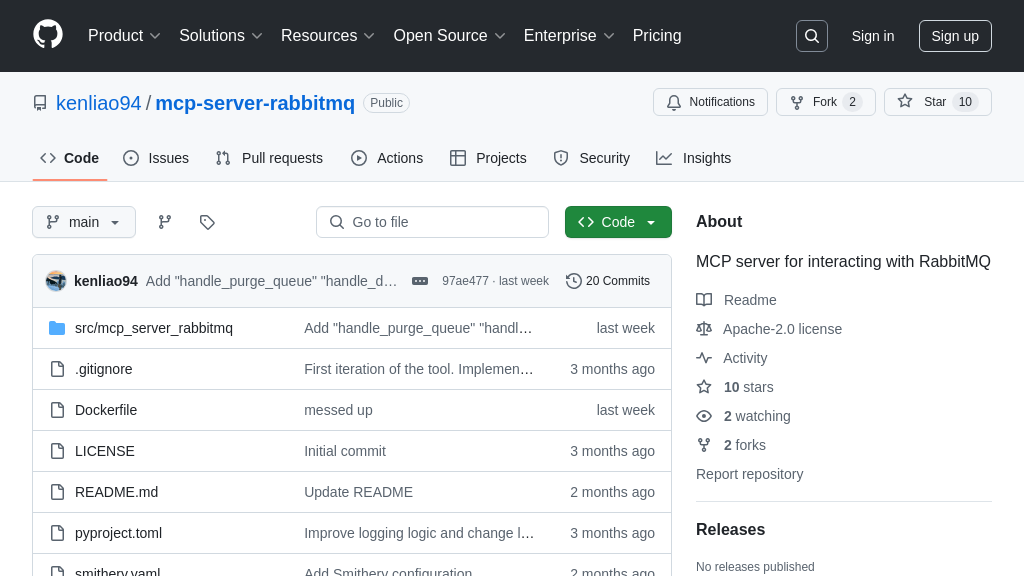
mcp-server-rabbitmq Solution Overview
RabbitMQ MCP Server is an MCP Server designed to bridge AI models and RabbitMQ's robust messaging capabilities. It empowers AI models to seamlessly interact with RabbitMQ queues and topics, enabling them to read and write messages for enhanced data exchange and integration. This server provides a standardized interface for MCP clients to perform essential RabbitMQ operations, such as publishing and consuming messages.
By integrating RabbitMQ MCP Server, developers can unlock powerful AI-driven workflows that leverage RabbitMQ's asynchronous messaging. This facilitates building event-driven AI applications, real-time data processing pipelines, and intelligent systems that respond to events within RabbitMQ. The server is implemented in Python and easily integrates with the Claude desktop app, offering a streamlined setup process for immediate use. It's licensed under Apache-2.0.
mcp-server-rabbitmq Key Capabilities
RabbitMQ Queue Interaction
The core function of mcp-server-rabbitmq is to enable AI models to seamlessly interact with RabbitMQ queues. It acts as a bridge, allowing models to publish messages to specific queues and consume messages from those queues. This interaction is crucial for building event-driven AI systems where models can react to real-time data or trigger actions based on messages in the queue. The server handles the complexities of the AMQP protocol, presenting a simplified interface to the AI model via the MCP.
For example, an AI-powered customer service chatbot could use this functionality to receive customer inquiries from a queue and send responses back to another queue. The chatbot doesn't need to understand the intricacies of RabbitMQ; it simply sends and receives messages through the MCP, while mcp-server-rabbitmq handles the underlying communication with the message broker. This simplifies the development process and allows the AI model to focus on its core task of understanding and responding to customer needs. The server is implemented in Python and leverages RabbitMQ's Python client library, pika, for efficient and reliable message handling.
Topic-Based Message Routing
Beyond simple queue interaction, mcp-server-rabbitmq supports topic-based message routing. This allows AI models to subscribe to specific topics within RabbitMQ and receive only the messages that are relevant to them. This is particularly useful in scenarios where multiple AI models are interested in different types of events or data. By using topics, the system can efficiently route messages to the appropriate models, reducing unnecessary processing and improving overall performance.
Imagine a financial analysis system where different AI models are responsible for analyzing different asset classes (e.g., stocks, bonds, commodities). Using topic-based routing, each model can subscribe to the topics corresponding to its area of expertise. When new market data arrives, mcp-server-rabbitmq routes the data to the appropriate models based on the topic of the message. This ensures that each model receives only the data it needs, allowing it to perform its analysis more efficiently. This feature leverages RabbitMQ's exchange capabilities, allowing for flexible and powerful message routing configurations.
Secure Communication via TLS
mcp-server-rabbitmq prioritizes secure communication between the AI model and the RabbitMQ server. It supports TLS (Transport Layer Security) encryption, ensuring that all messages exchanged between the two are protected from eavesdropping and tampering. This is essential for protecting sensitive data and maintaining the integrity of the AI system. The TLS configuration is easily enabled via a simple flag in the server's configuration.
Consider a healthcare application where an AI model is used to analyze patient data stored in RabbitMQ. It is crucial to protect this sensitive data from unauthorized access. By enabling TLS, mcp-server-rabbitmq ensures that all communication between the AI model and the RabbitMQ server is encrypted, preventing attackers from intercepting or modifying the data. The server uses standard Python libraries for TLS implementation, ensuring compatibility and security.
